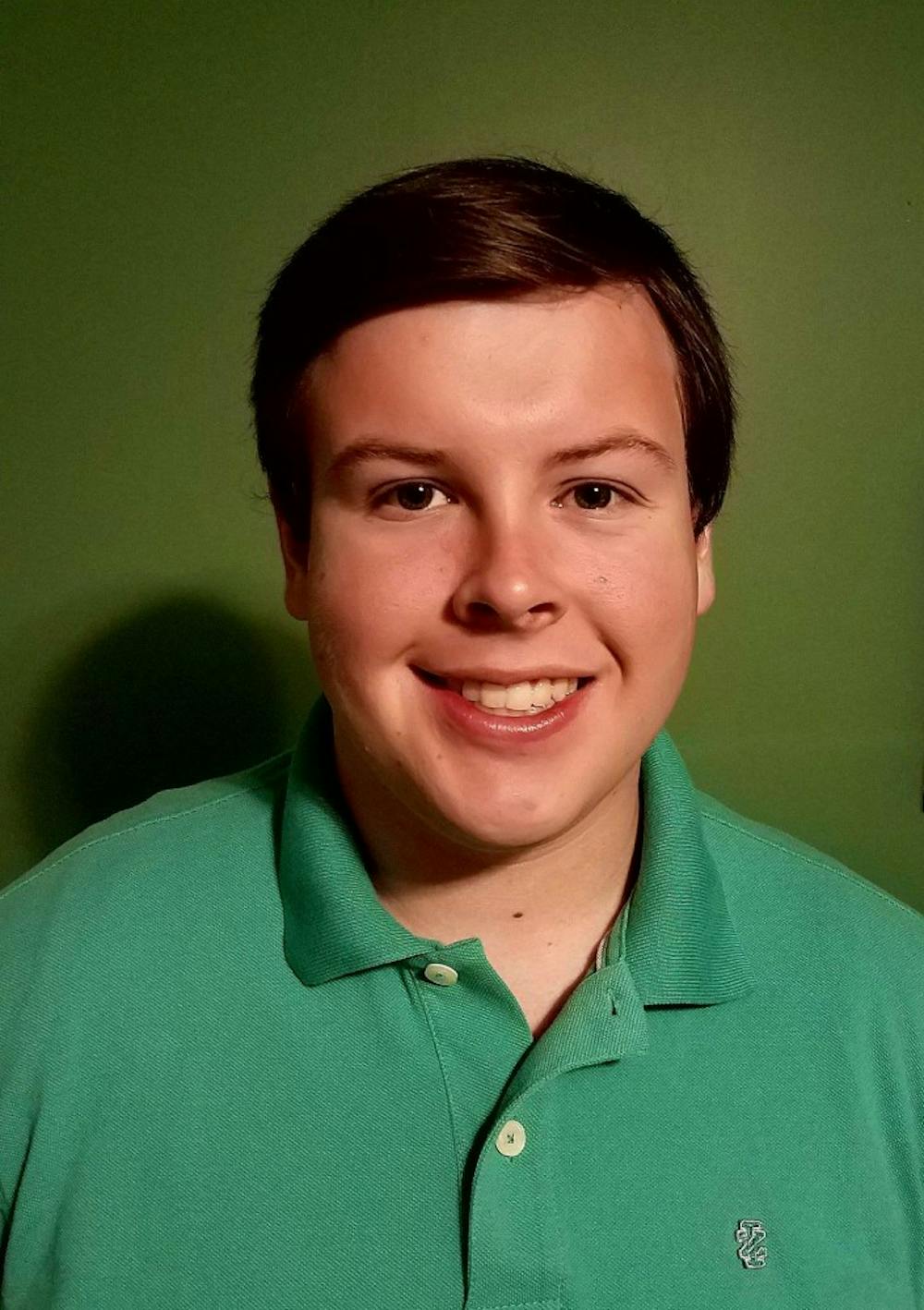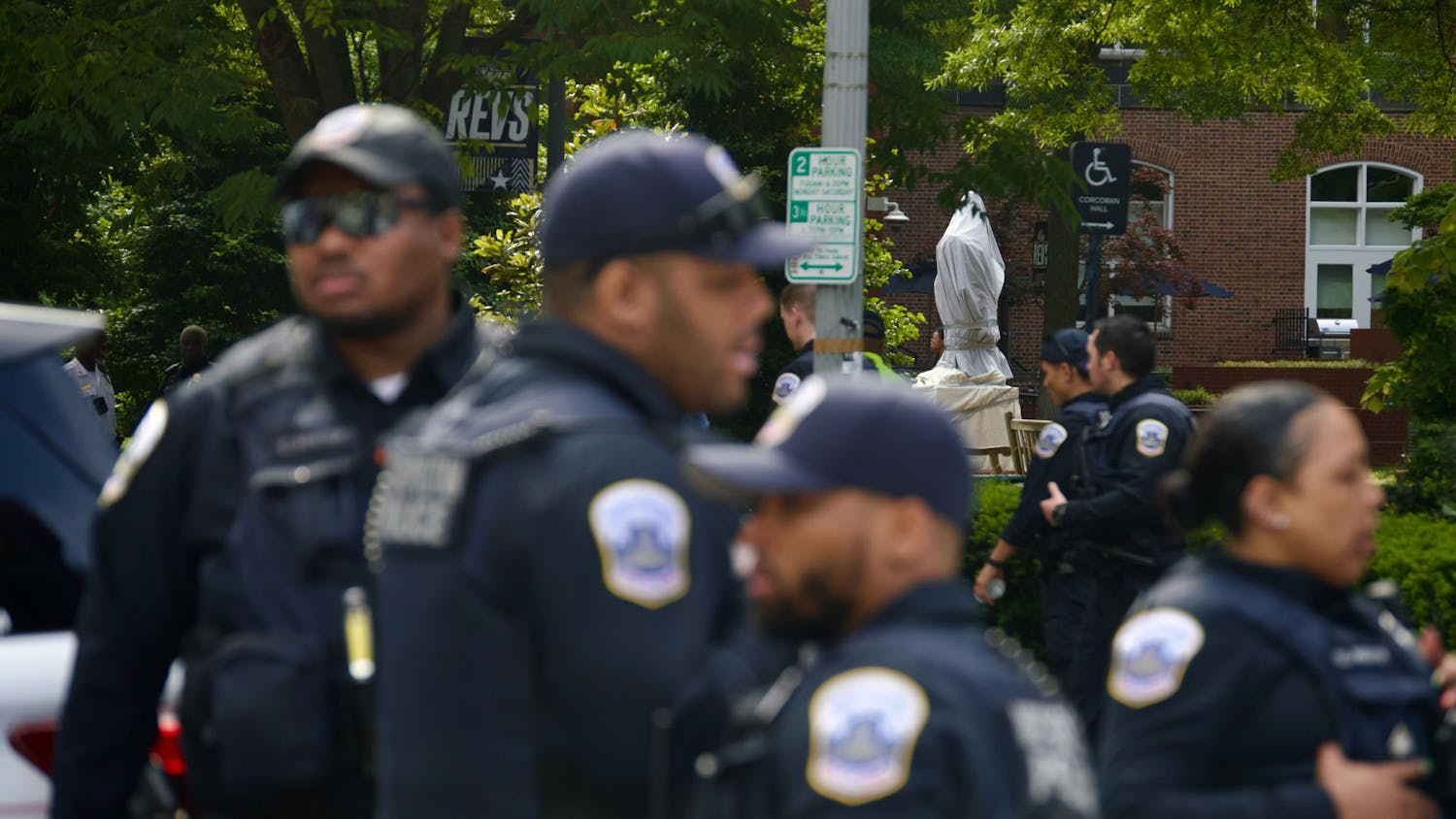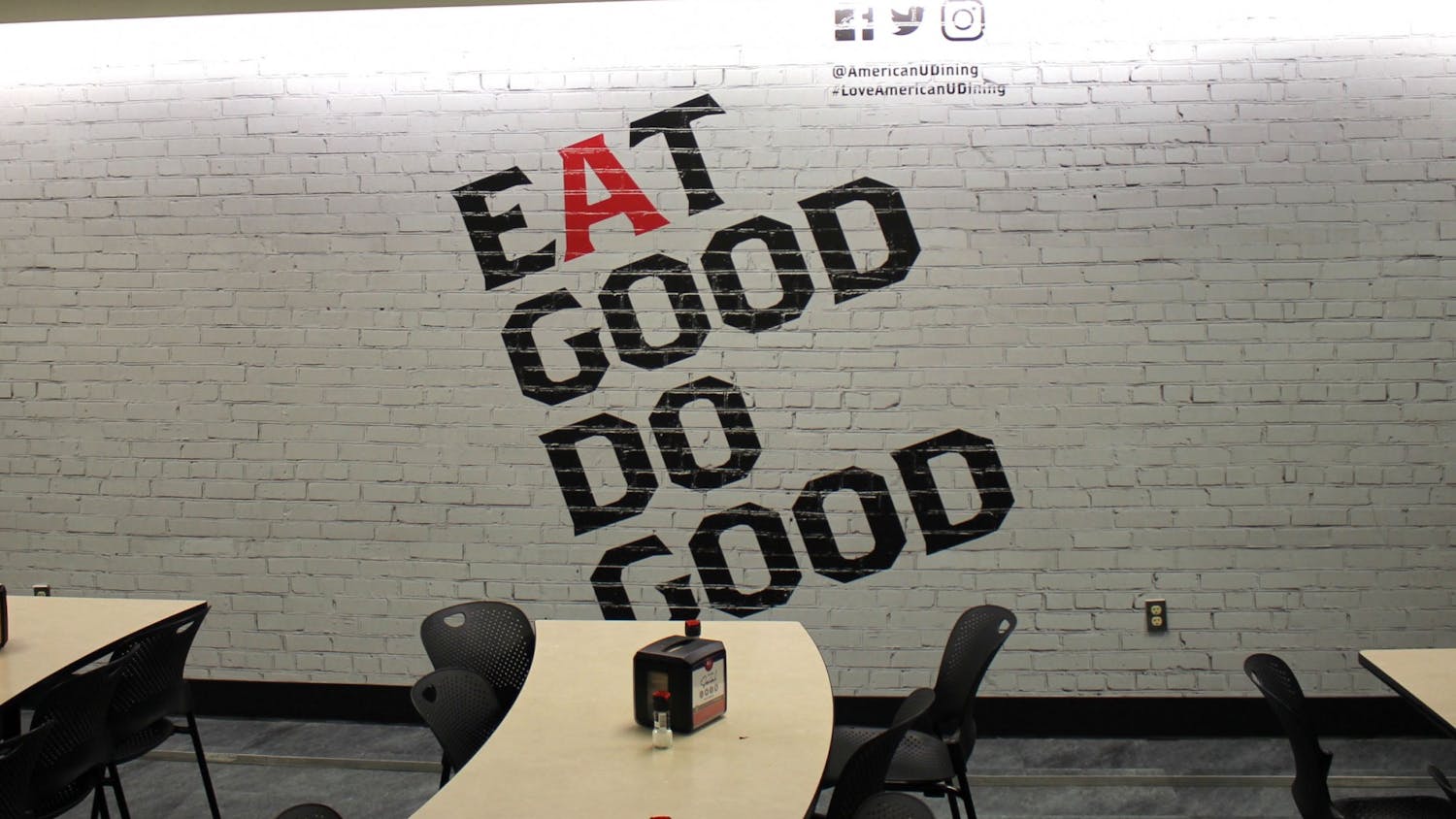Public transportation is a misunderstood and underappreciated public good that provides several essential services that benefit low-income communities in particular. Even in a city with relatively high public approval for Metro services and one of the top-rated public transit systems in the country, ridership is declining due to service reductions, fare hikes and lack of funding in Washington, D.C. I aim to shed some light on why we should invest in the success of these programs, especially here in D.C.
In a study done by researchers at Harvard University, access to transportation is the single strongest factor in increasing economic mobility within a community. When people have access to transportation, they can get to and keep their jobs more easily, allowing workers to access a “broader and more diverse labor market”; the average D.C. resident uses the metro about 100 times a year, and nearly half of all metro trips in the country are to and from work. Research indicates that 55 percent of U.S. adults who use public transportation have annual household incomes of less than $50,000; the people seriously affected by cuts to public transportation are middle and lower class working Americans.
Moreover, the population that benefits most from having easy metro access are Americans living at or beneath the poverty level. Nearly, 1 in 5 D.C. residents live at, or below, the poverty line, and 1 in 10 live in “extreme poverty,” defined as living with an income below half the poverty line. The issue of providing affordable and reliable public transportation around the DMV is absolutely fundamental to ending cyclical poverty for D.C. residents. Although D.C. has done a decent job of putting metro stations in places that really need them, those communities could lose their access to reliable public transportation with service reductions and increased fares likely on the way.
Through the end of January and the beginning of February, the Washington Metropolitan Area Transportation Association (WMATA) held only one public hearing on Metro’s 2019 fiscal year budget, instead focusing on an online public comment period through February 5. Metro’s 2019 budget webpage states in a large header: “We’re not raising fares or cutting service,” and adds that the budget “focuses on a better ride for you.” But, after frustrations regarding the fare hikes and reduced service that began in July of 2017, the defensive tone and single public hearing for citizens to raise concerns or ask for improvement may be putting a strain on WMATA’s already declining ridership. Coupled with a recent loss of $150 million due to President Trump and his administration disagreeing with Metro on the phrasing of a capital funding agreement, public transportation in D.C. is falling further behind its international peers according to Vox’s interviews with experts on public transportation and urban planning.
So, how can we help? If you’re an AU student and one of the 59 percent of millennials that believes expanding public transportation should be a “high” or “extremely high priority,” there are plenty of ways to get engaged with local debates on public transportation right here in D.C.
First off, I’d suggest getting to know a little more about the issue of public transportation on a national level. I recommend some of these pretty interesting and informative videos about U.S. public transportation. Then, there are several groups in D.C. that look to participate in conversations regarding issues from fare hikes and service reductions such as the Save Our System Campaign. Finally, you can go to Metro committee hearings and make a public comment. Here’s a schedule of upcoming committee and board meetings, and here is the general procedure for making a public comment.
We have the power to inform ourselves and get involved, let’s use it to make D.C. a better place for all its residents, not just us AU students with UPasses.
Braeden Waddell is a freshman in the School of Communication. The opinions expressed by the author are theirs alone, and do not necessarily reflect the views of The Eagle and its staff.





